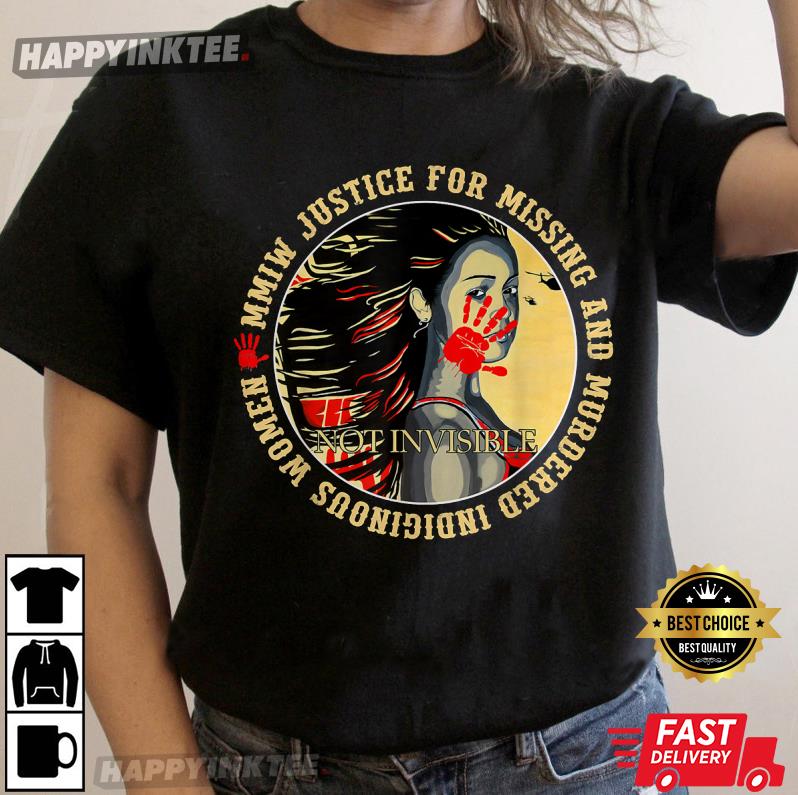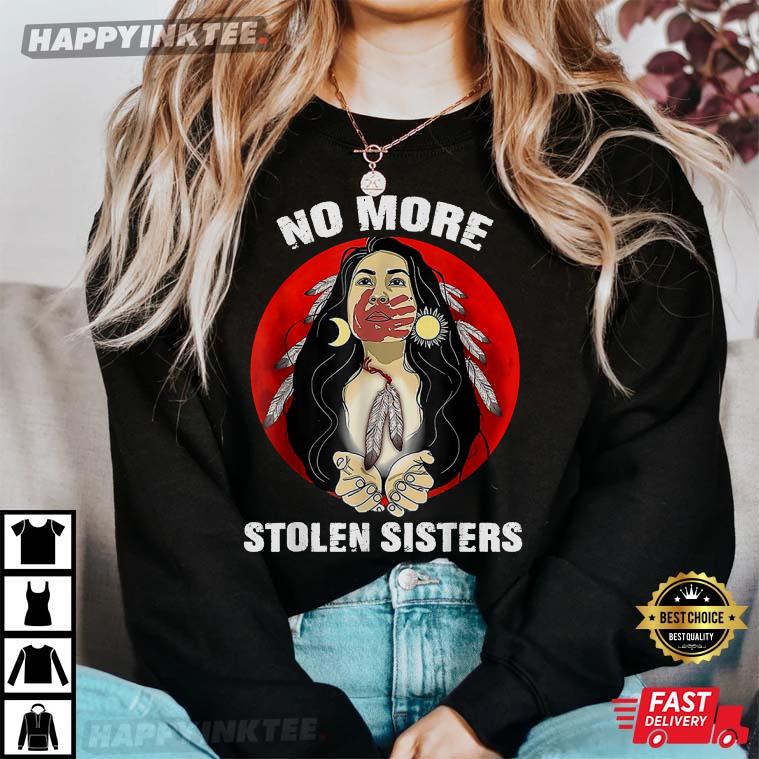News
Taking Action Now to Protect MMIW-Missing & Murdered Indigenous Women
Missing and murdered Indigenous women (MMIW) are a growing concern in recent years due to an increase in instances. Indigenous women facing disproportionate amounts of assault and mistreatment, which is a tragedy that has gone mostly unrecognized by the general public. The problem has been made worse by a lack of information on MMIW instances and a subpar response from law enforcement. Additionally, it aims to raise awareness of the high numbers of murders and disappearances among Native Americans, particularly among women and young girls.
1. MMIW and things that we should know.
Missing and Murdered Indigenous Women (MMIW) is an epidemic of violence against Indigenous women in Canada, the United States, and Latin America; especially those in the FNIM and Native American women. Across Latin America, it is estimated that indigenous women and girls are proportionately victims of female suicides.
Compared to other ethnic groups, Native American women are more likely to go missing or be murdered. Indigenous people make roughly 2% of the population, hence their number is small and not frequently covered in news. However, more than 80% of American Indian and Alaska Native women report having been the victim of assault.
The historical trauma of colonization, racism, and the sexual objectifiation of Indigenous women and girls are the main causes of the Missing and Murdered Indigenous Women.
As of 2016, 5,712 incidents of missing American Indian and Alaska Native women and girls had been reported to the National Crime Information Center. Surprisingly, just 116 cases have been reported to the US Department of Justice’s missing persons database. The majority of these murders take place on territory held by Native people who are not Native. It is extremely difficult to start the investigation due to the lack of communication and jurisdictional concerns between state, local, federal, and tribal law enforcement.
For instance, between 2005 and 2009, 67% of the cases involving sexual abuse and sexual assault that were brought to US attorneys by Indian Country were not prosecuted. People are hesitant to disclose crimes like these as a result. Since there is a great deal of mistrust between law enforcement and Indigenous communities, many victims are reluctant to come forward and risk having their traumatizing experiences go unpunished.
Negative preconceptions frequently contribute to the absence of prosecution and investigation into these incidents. For a multitude of causes, including alcohol/drug abuse or destitution, the victims are frequently held responsible. The disproportionate number of missing and murdered Indigenous women is also influenced by the hyper-sexualization and dehumanization of these women.
2. What can we do to address MMIW?
To implement the necessary reforms to address the MMIW crisis, it is critical to understand the effects of U.S. colonialism on Native women because current federal law is based on the laws and policies of prior U.S. colonization eras and continues to be in effect today. It is essential that we take action to ensure justice for these women and girls by increasing awareness of the MMIW crisis and advocating for policy change:
MMIW and MMIP have an effect on many of us. Maintaining the movement requires self-care, allowing space for loss, and learning effective coping mechanisms while actively advocating for MMIWs.
Boost the capability of healthcare professionals and public health programs.
Speak with an adult you can trust if it is safe to do so. Anyone in need can get assistance and support from school counselors, nurses, teachers, principals, Tribal leaders, or other responsible people.
Communicating to the community about the urgency of the disappearance of missing girls and women.
Widely reported on social networks or we can wear some T-shirts with MMIW blackground to propaganda to everyone as a campaign to condemn MMIW.
Justice For MMIW Missing Murdered Indigenous Resilient Women T-Shirt.
Wearing a MMIW T-shirt might an effective way to propagate the problem of missing women.


No More Stolen Sister Native American MMIW T-Shirt.
No more stolen sisters in the future especially Native American. A T-shirt with a lot meaningful. Please vistit Happyinktee for more details.
Conclusion
Indigenous women who are missing or murdered (MMIW) are a growing concern in recent years due to an increase in instances. This crisis affects not only the Indigenous communities but also the entire nation as a whole. The first step in addressing this terrible reality is to increase awareness of it and comprehend the underlying reasons why MMIW are disproportionately affected by violence. The above is the causes behind MMIW, discuss why it is so important to address this issue, and provide suggestions on how to prevent future cases from occurring.

